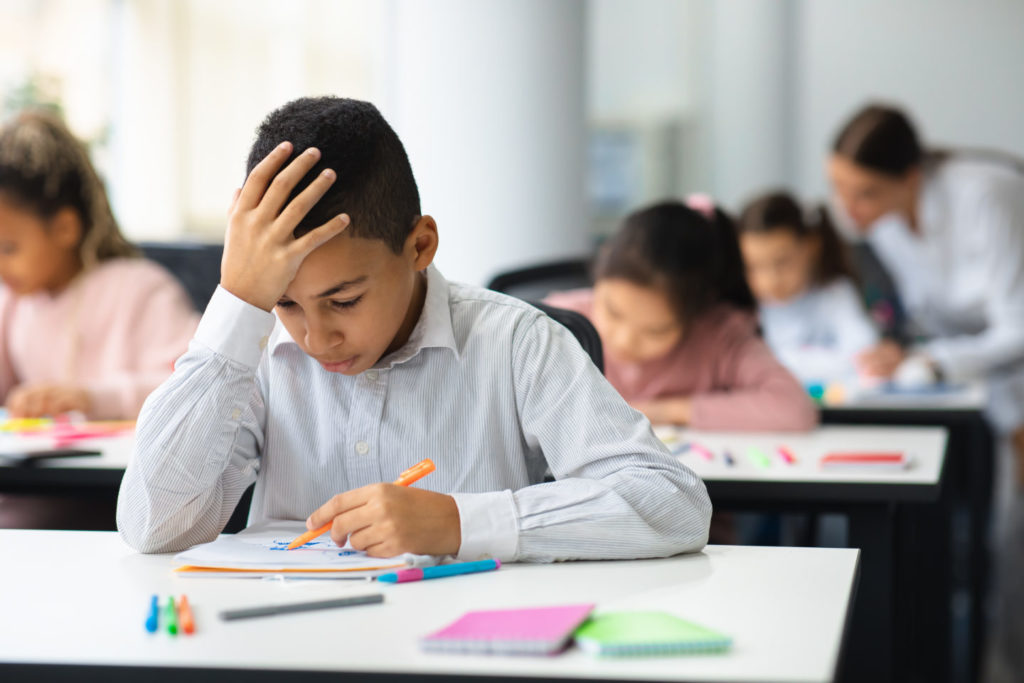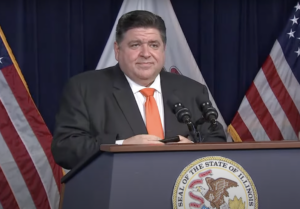More public school students failing in key grades than before, says nationwide school testing report
Despite evidence of some educational recovery, more 4th and 8th graders are failing in math and reading than before, according to a new report from the National Center for Education Statistics…

Despite evidence of some educational recovery, more 4th and 8th graders are failing in math and reading than before, according to a new report from the National Center for Education Statistics (NCES).
The report also shows that half of all public school students are behind grade level.
“Public schools reported that 36 percent of their students on average were behind grade level prior to the pandemic,” said a key finding of the report. “At the beginning of both the 2021–22 and 2022–23 school years, public schools reported on average half of their students were behind grade level.”
The survey results were published in May based on testing done in December of 2022.
The report raises fresh questions about the state of the nation’s failing education system, which was already anemic before the COVID-19 pandemic.
Despite the unprecedented funds made available for public schools during and after the pandemic, students and schools are still struggling in a system which critics contend doesn’t spend enough time on academics.
The World Bank estimated that the total economic losses faced by future generations because of learning losses from school closures could be $17 trillion based on lost income alone.
The latest NCES report highlights the fact that more money isn’t the solution to the failing education system.
“I feel like there’s a weird memory-holing of the fact last spring Congress distributed $123 billion dollars to K-12 schools for Covid preparedness,” tweeted liberal MSNBC host Chris Hayes last year. “That’s nearly $1 million *per school*. So big q is: what was that used for?”
Republicans have charged that the federal COVID money (called ESSER funds) was used to fund progressive ideology in schools, rather than to help make up for learning losses.
“Rather than use ESSER funds to help students recover from learning losses, some states and school districts that kept schools closed appear to have spent ESSER funds to push favored social agendas,” said House Oversight Committee Chairman James Comer, House Education and the Workforce Committee Chair Virginia Foxx, and House COVID Committee Chairman Brad Wenstrup, in a letter to the Biden administration.
According to some policy experts, reports like these suggest the road ahead is to fund students, not failing school systems.
Increasingly states such as North Carolina are passing bills that make public education funding portable, giving parents the ability to pick from a wide variety of education options for their children.
Mike Long, president of Parents for Educational Freedom in North Carolina, described the legislation as “an incredible step toward funding students over systems in North Carolina.”



